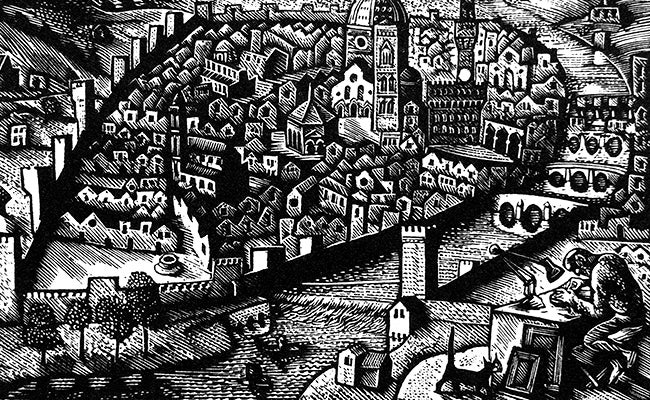

He wrote a short memoir of this experience, which was one of the happiest times in his life. He then sought a post in Germany, to learn the language, and spent several months in the summer of 1905 in Nassenheide, Pomerania, (now the Polish village of Rzędziny) as a tutor to the children of the writer Elizabeth von Arnim. In 1904, Forster travelled in Greece and Italy out of interest in their classical heritage. Forster graduated with a BA with second-class honours in both classics and history. The Schlegel sisters of Howards End are based to some degree on Vanessa and Virginia Stephen. There is a famous recreation of Forster's Cambridge at the beginning of The Longest Journey. Many of its members went on to constitute what came to be known as the Bloomsbury Group, of which Forster was a member in the 1910s and 1920s. They met in secret to discuss their work on philosophical and moral questions. Īt King's College, Cambridge in 1897–1901, he became a member of a discussion society known as the Apostles (formally the Cambridge Conversazione Society).

He attended as a day boy Tonbridge School in Kent, where the school theatre has been named in his honour, although he is known to have been unhappy there. This was enough to live on and enabled him to become a writer. Forster inherited £8,000 (equivalent to £946,428 in 2021 ) in trust from his paternal great-aunt Marianne Thornton (daughter of the abolitionist Henry Thornton), who died on 5 November 1887. Life Early years Ī section of the main building, Tonbridge SchoolĪmong Forster's ancestors were members of the Clapham Sect, a social reform group in the Church of England. He was nominated for the Nobel Prize in Literature in 20 separate years. Many of his novels examine class difference and hypocrisy. He then travelled throughout Europe before publishing his first novel, Where Angels Fear to Tread, in 1905. Today, he is considered one of the most successful of the Edwardian era English novelists.Īfter attending Tonbridge School he studied history and classics at King's College, Cambridge, where he met fellow future writers such as Lytton Strachey and Leonard Woolf. He also co-authored the opera Billy Budd (1951). He also wrote numerous short stories, essays, speeches and broadcasts, as well as a limited number of biographies and some pageant plays. Edward Morgan Forster OM CH (1 January 1879 – 7 June 1970) was an English author, best known for his novels, particularly A Room with a View (1908), Howards End (1910) and A Passage to India (1924).


 0 kommentar(er)
0 kommentar(er)
